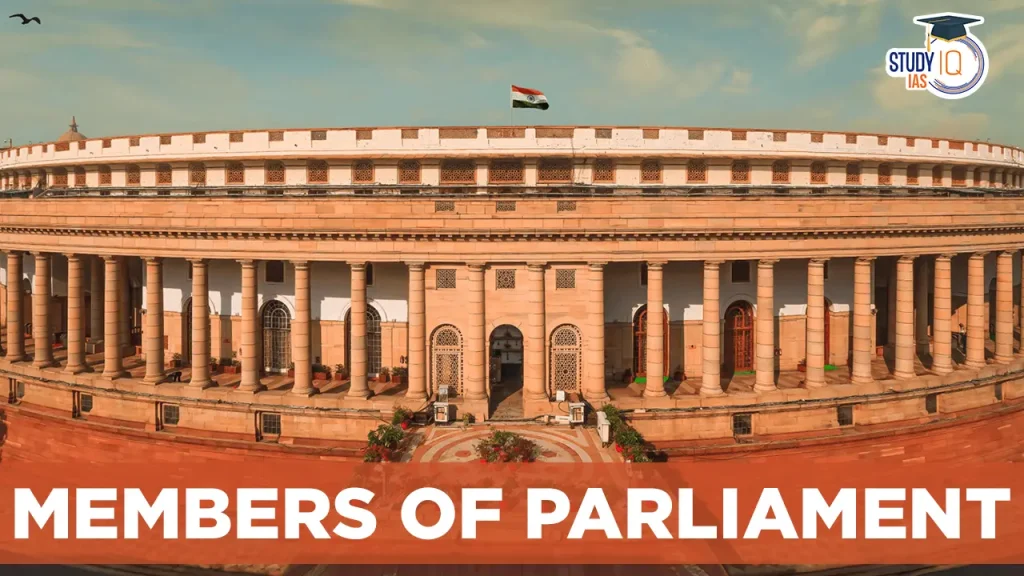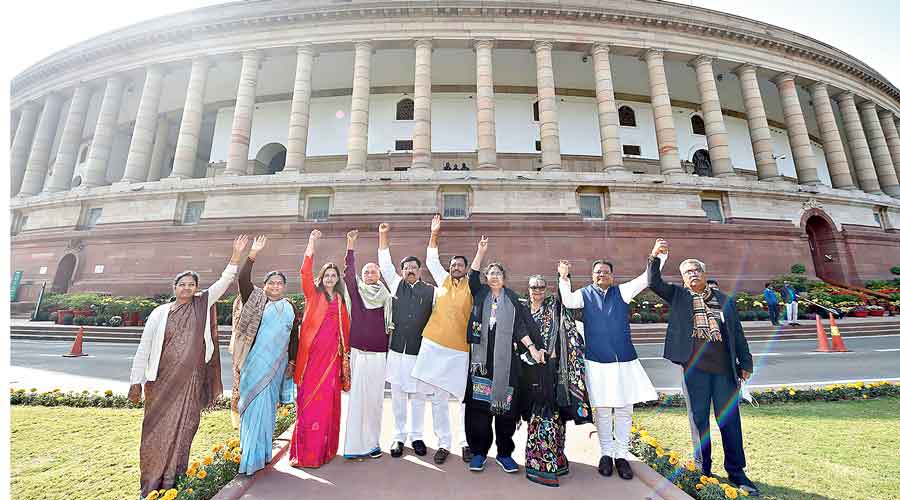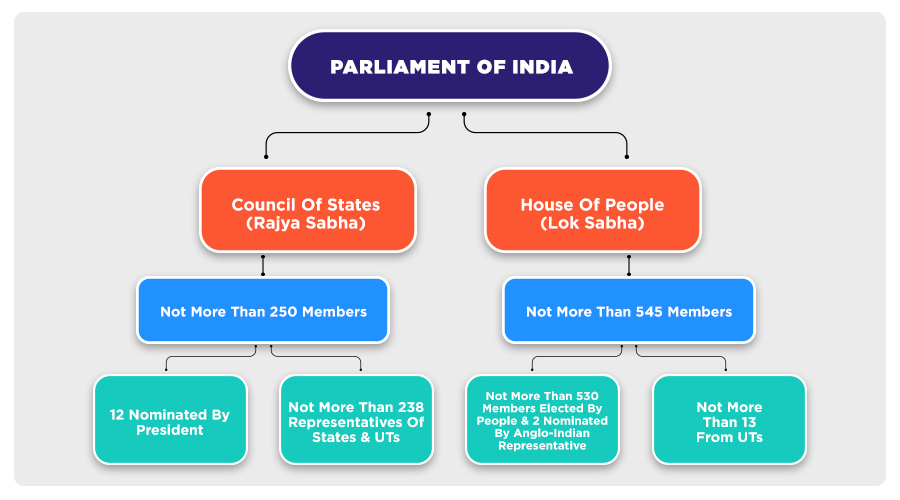A Member of Parliament (MP) is a pivotal figure in a democratic nation, representing the interests and aspirations of their constituents on the national stage. Elected through the democratic process, MPs play a crucial role in lawmaking, policy formulation, and holding the government accountable. In this comprehensive guide, we delve into the significance, responsibilities, and impact of Members of Parliament in upholding the democratic principles that shape the governance of a nation.
Introduction to Members of Parliament (MPs)

Members of Parliament (MPs) are elected representatives who sit in the national legislature of a country. In India, MPs are elected to the Lok Sabha, which is the lower house of the Parliament of India. There are currently 543 MPs in the Lok Sabha, each representing a single constituency.
MPs are responsible for making laws that govern the country. They do this by debating and voting on bills that are introduced by the government or by private members.
MPs are responsible for holding the government to account for its actions. They do this by asking questions in Parliament, by scrutinizing government policy, and by voting on government bills.
MPs are responsible for making laws that govern the country. They do this by debating and voting on bills that are introduced by the government or by private members.
MPs are responsible for holding the government to account for its actions. They do this by asking questions in Parliament, by scrutinizing government policy, and by voting on government bills.
Election and Representation
- The Democratic Mandate
MPs are elected through a democratic voting process, where citizens exercise their right to choose representatives who will voice their concerns and interests at the national level. - Constituency Connection
MPs represent specific geographical constituencies, forging a vital link between the citizens’ aspirations and the legislative decisions that impact their lives.

Roles and Responsibilities of MPs
- Lawmaking: Crafting Legislation
MPs actively participate in parliamentary debates, proposing, amending, and passing laws that reflect the needs and values of their constituents. - Oversight and Accountability
MPs hold the government accountable by scrutinizing its actions, policies, and expenditures, ensuring transparency, and safeguarding the interests of the public. - Representing Constituents’ Interests
MPs act as the voice of their constituents, conveying their concerns, advocating for policies, and seeking solutions to local and national issues.
Parliamentary Sessions and Committees

- Participating in Debates and Discussions
MPs contribute to parliamentary sessions, engaging in debates on matters of national importance, and expressing their perspectives on various issues.
- Committee Work: Specialized Focus
MPs serve on committees dedicated to specific areas such as finance, health, and education, where they delve deeper into policy matters and provide expert insights.
Engagement with Constituents
| Engagement Method | Description | Benefits | Challenges |
|---|---|---|---|
| Constituency office | The MP has an office in their constituency where constituents can come to meet with them, speak to their staff, or leave messages. | Constituents can get to know their MP and feel like they have a direct line of communication with them. The MP can build relationships with constituents and learn about their concerns. | The MP’s office may be busy and it can be difficult to get an appointment. Constituents may not be able to travel to the office if it is not located in their community. |
| Town hall meetings | The MP holds regular meetings in their constituency where constituents can come and ask questions, share their concerns, and hear about the MP’s work. | Town hall meetings are a good way for the MP to connect with a large number of constituents at once. They can also be a way for the MP to get feedback on their work and to address concerns that are shared by many people. | Town hall meetings can be disruptive and difficult to organize. The MP may not be able to answer all of the questions that are asked. |
| Social media | The MP can use social media to connect with constituents, share information about their work, and answer questions. | Social media is a cost-effective way to reach a large number of people. It can also be a way for the MP to connect with constituents who are not able to attend in-person meetings. | Social media can be a noisy environment and it can be difficult to get people’s attention. The MP’s messages may be lost in the shuffle. |
| Letters and emails | The MP can invite constituents to write to them or email them with questions or concerns. | Letters and emails are a good way for constituents to communicate with the MP without having to travel to their office or attend a town hall meeting. | The MP may receive a large volume of letters and emails, which can make it difficult to respond to everyone. |
| Surveys | The MP can conduct surveys of constituents to get their feedback on a variety of issues. | Surveys are a good way to get a sense of what is important to constituents and to identify areas where the MP can improve their work. | Surveys can be expensive to conduct and it can be difficult to get a representative sample of the population. |
| One-on-one meetings | The MP can meet with constituents one-on-one to discuss their concerns. | One-on-one meetings are a good way for the MP to get to know constituents and to understand their specific needs. | One-on-one meetings can be time-consuming and it can be difficult to meet with everyone who requests a meeting. |
Conclusion: MPs - Pillars of Democratic Governance
In conclusion, Members of Parliament (MPs) are instrumental in upholding the democratic fabric of a nation. Through their roles in lawmaking, oversight, and representation, MPs ensure that the voices of the people are heard, and the nation’s governance reflects the collective will and aspirations of its citizens.
FAQs
The electoral system used in a country can have a significant impact on the outcome of elections and the composition of Parliament. For example, first-past-the-post systems tend to favor larger parties, while proportional representation systems tend to favor smaller parties.
A whip is a member of a political party in a parliament or legislature who is responsible for making sure that party members are present to vote on important issues and that they vote in the appropriate way. Whips are typically appointed by the party leader and they work closely with the party’s leadership to ensure that the party’s agenda is advanced in Parliament.
By engaging with minority and marginalized communities in a meaningful way, MPs can help to ensure that these communities are represented and that their voices are heard.
Related posts:
- AMC Full Form: Benefits, Components, Needs, Advantage
- ORS Full Form: Dehydration, Myths, Flavors, Varieties & Facts
- PCC Full Form: Importance, Types, Application Process
- PAN Full Form: Legal Provisions, Regulations,
- BRB Full Form: Productive, Routine, Distractions
- MCD Full From: Introduction, Responsibility, Challenges
- CT Scan Full Form: Scans, price, Advantages
- USA Full Form: History, Economics,Technology, culture




















